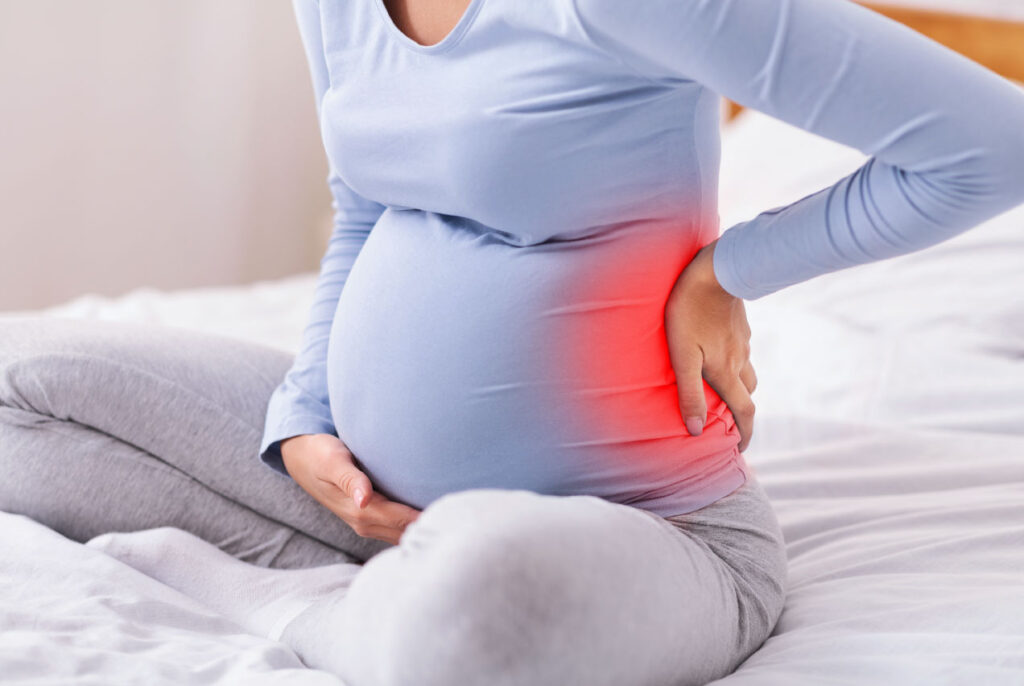
Sciatica & Pregnancy: What to Know
Pregnancy is a time of profound change and pure joy, yet it may also bring about some physical challenges, one of which may be in the form of sciatica. Sciatica may cause significant discomfort, making even the smallest tasks feel extremely difficult. Through understanding sciatica within the context of pregnancy, expectant mothers will be able to better manage this sciatica pain and possibly improve their quality of life. Here’s what you should know about sciatica during pregnancy, including its causes, symptoms, and ways to possibly find relief.
What is Sciatica?
Sciatica refers to the actual pain which radiates along the path of the sciatic nerve itself. The sciatic nerve will branch out from your lower back, through your hips and buttocks, down to your foot. The condition will commonly affect just one side of your body, yet in rare cases it could affect both sides of your body. Sciatica tends to be a particularly common condition during pregnancies, as the body is going through a number of different hormonal and physiological changes.
Causes of Sciatica During Pregnancy
During pregnancy, the body undergoes significant changes that can lead to sciatic nerve pain:
- Weight Gain & Altered Center of Gravity: As the baby grows within the womb, the center of gravity for the mother is altered. This new center of gravity may cause excess pressure on the lower back, the spine, and sciatic nerve; leading to sciatica.
- Hormonal Changes: During pregnancy, the body will produce various hormones which help prepare the body for childbirth. These hormones will cause the pelvis to relax as the due date approaches. This loosening of pelvis joints may sometimes cause the bones within the spine to shift, resulting in herniated discs and subsequent compression of the sciatic nerve.
- Uterine Pressure: As the uterus expands with the growth of the baby, there can be a large amount of pressure placed on the sciatic nerve.
- Muscle Tension and Poor Posture: Pregnancy may also lead to increased muscle tension and overall changes in posture, which could in turn aggravate the sciatic nerve.
Symptoms of Sciatica in Pregnancy
The symptoms of sciatica in pregnancy can vary but typically include:
- Sharp pain in the lower back or buttocks which radiates down the leg
- Numbness or tingling in the legs or feet
- Difficulty moving or severe discomfort which may affect walking or standing
Managing Sciatica During Pregnancy
While sciatica can certainly be a painful condition, there are several ways to possibly manage and alleviate the symptoms:
- Prenatal Yoga & Stretching: Gentle stretching and prenatal yoga may help to relieve sciatic pain through reducing spinal pressure and enhancing flexibility
- Proper Posture: Maintaining the right posture helps reduce the overall level of strain on your back
- Physical Therapy: A physical therapist can provide exercises tailored specifically for your condition and pregnancy to strengthen the muscles supporting the spine in gentle, yet effective ways
- Warm Compresses: Applying warm compresses to painful areas may help soothe muscle tension and pain
- Massage Therapy: Prenatal massage by a certified massage therapist may help relieve sciatica symptoms by relaxing tight muscles and improving circulation
- Avoiding Heavy Lifting & Taking Frequent Breaks: Lightening the physical load of pregnancy and not standing or sitting for extended periods of time may also help manage sciatica symptoms
Choose Neurosurgery & Spine Consultants for Your Sciatica Relief Today
Sciatica can be a very painful, frustrating condition, even when you’re not pregnant. When you add sciatica on top of your pregnancy, it can be extremely challenging each and every day. Here at Neurosurgery & Spine Consultants, we aim to help you overcome these challenges through a variety of treatment options. Everything from pain management, to physical therapy, to nutritional consultations can help you better manage your sciatica symptoms while pregnant. With the right approach, it’s very much possible to reduce the discomfort caused by your sciatica and enjoy a healthier, happier pregnancy, free of sciatica pain.
DISCLAIMER: No content on this site, regardless of date, should ever be used as a substitute for direct medical advice from your doctor or other qualified clinician.